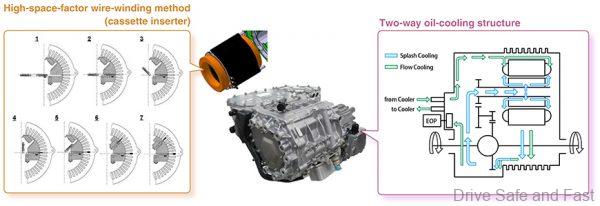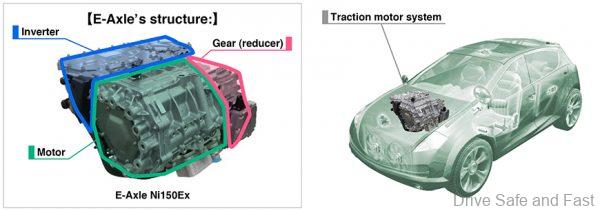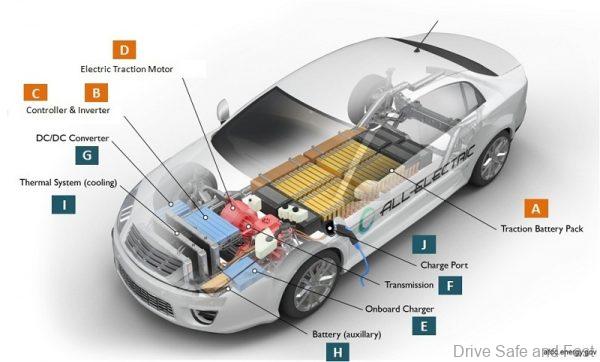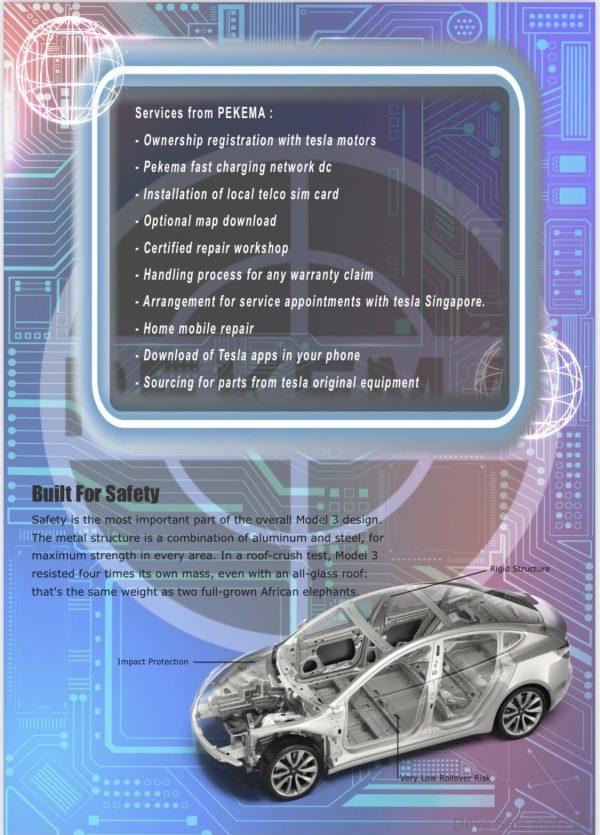Before you go and buy a Tesla electric car you need to understand its maintenance.
This is brand new territory for many of you, here in ASEAN and also the rest of the world. Even some electric vehicle (EV) owners are still in the ‘dark’ about what needs to be looked at to ensure their brand new expensive EV keeps running without a hitch.
Well, here below is some information for your absorption. First. An EV does NOT have an engine that runs on petrol or diesel. This means you CANNOT visit your regular mechanic.
The main components for an electric car are as follows. Batteries, inverters (DC-DC converters), traction motors, on-board chargers and controllers. The different types of electric car components determine how the car works. Sounds like you need a certified electrical engineer.
An electric car, in comparison to a petrol powered car (ICE or internal combustion car), has a lot less to wear and tear components, so maintenance costs for an EV can be as much as 50 percent lower over a petrol powered car. Yes, surprised? Well, this is what EV manufacturers are claiming and it is true.
Obviously, numerous maintenance issues do not exist with EVs, but it is required that you do regular check-ups for its electrical systems including the battery, electrical motor, and minor electronics.

EV Battery
The battery pack system is the most critical, expensive, and the largest component in an electric car. Depending on how you treat your electric vehicle, such as the options you make about your battery and your battery charging habits directly determines the longevity of your vehicle (somewhat like your smartphone).
Keep your battery charge between 20 percent and 80 percent whenever possible. Frequent full charge to the battery degrades it more quickly. Leaving the battery at a low charging state for an extended time also is a negative influence on it. (so you need to take good care of your battery)
Extreme temperature is a bad factor for the battery (Malaysian mid-day heat). An EV parked in the hot sun for several hours should be strongly avoided (so how to go out for lunch ‘tepi jalan?’. Extreme cold also temporarily reduces the battery range (no issue in Malaysia).
For electric cars, most manufacturers today are providing a battery warranty of 3 to 10 years. Please check the warranty page in detail as battery replacement costs can be as high as RM100,000 for an EV (and as lows as RM30,000 as it depends on size, type and manufacturer).

EV Brake System
Lifting your foot off the accelerator and/or brake pedals, you are controlling the electric motor to work as a generator, producing electricity that’s fed into the battery pack.
The regenerative braking system in your electric car slows the car by using the motor resistance and sends energy back into the battery that allows the brake pads to last for longer. However, electric cars still have friction brakes, as a kind of back-up system situation, it is important for you to be aware that the pressure determines the response of the brake pedal and practice good driving habits, not pushing too hard on the brakes.

EV Fluids
Electric cars have far fewer fluids to maintain than internal combustion engine cars. Having a thermal management system, the electric car requires a coolant for regulating the temperature of the battery (remember, you need to keep the car battery as cool as possible).
A windshield wiper fluid and brake fluid also require maintenance.
There is NO engine lubricant used at all as there is NO engine. So, this is why lubricant companies like PETRONAS and Shell are moving some research and development into producing coolant lubricant and also brake fluids.


